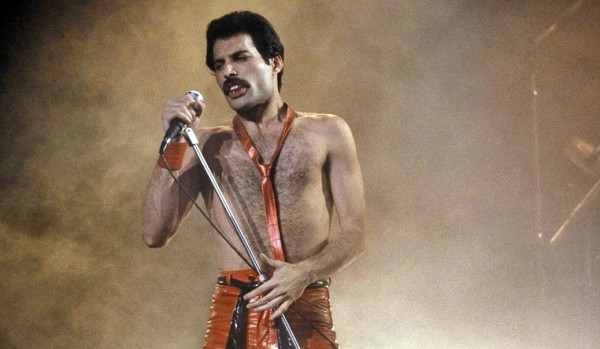-
Tips for becoming a good boxer - November 6, 2020
-
7 expert tips for making your hens night a memorable one - November 6, 2020
-
5 reasons to host your Christmas party on a cruise boat - November 6, 2020
-
What to do when you’re charged with a crime - November 6, 2020
-
Should you get one or multiple dogs? Here’s all you need to know - November 3, 2020
-
A Guide: How to Build Your Very Own Magic Mirror - February 14, 2019
-
Our Top Inspirational Baseball Stars - November 24, 2018
-
Five Tech Tools That Will Help You Turn Your Blog into a Business - November 24, 2018
-
How to Indulge on Vacation without Expanding Your Waist - November 9, 2018
-
5 Strategies for Businesses to Appeal to Today’s Increasingly Mobile-Crazed Customers - November 9, 2018
Freddie Mercury Has Had an Asteroid Named After Him
“His distinctive sound and large vocal range were hallmarks of his performance style, and he is regarded as one of the greatest rock singers of all time”, the certificate said. It was discovered in 1991, the year of Mercury’s death from bronchopneumonia brought on by AIDS.
Advertisement
The asteroid can’t be seen with the naked eye, but, as Brian explains, a special telescope would pick up a “dot of light”, albeit a “very special dot of light”.
On what would have been music icon Freddie Mercury’s 70th birthday, Brian May, Queen guitarist and astrophysicist, announced that an asteroid orbiting the planets Mars and Jupiter has officially been named for the band’s beloved frontman, who died on November 24, 1991.
Asteroid names are governed by the International Astronomical Union (IAU) and published by the Minor Planet Center.
More information about the asteroid, including an orbit diagram, can be found here.
The asteroid in question was discovered in 1991 and was given the provisional designation “1991 FM3”.
It is 2.2 miles (3.5km) across and has a low albedo, which means less than a third of the light that hits it is reflected.
Watch here for more information and to see Mercury’s asteroid in orbit.
May said the naming of the asteroid was in honour of “Freddie’s outstanding influence on the world”.
“It’s a dark object – rather like a cinder in space”.
May also thanked USA astronomer Joel Parker of the Southwest Research Institute for his help in getting an asteroid named for the singer. “Even if you can’t see Freddiemercury leaping through the sky, you can be sure he’s there – ‘floating around in ecstasy, ‘ as he might sing, for millennia to come”.
Advertisement
Over the weekend, May also unveiled an English Heritage plaque at Mercury’s childhood home in Feltham, West London.





























